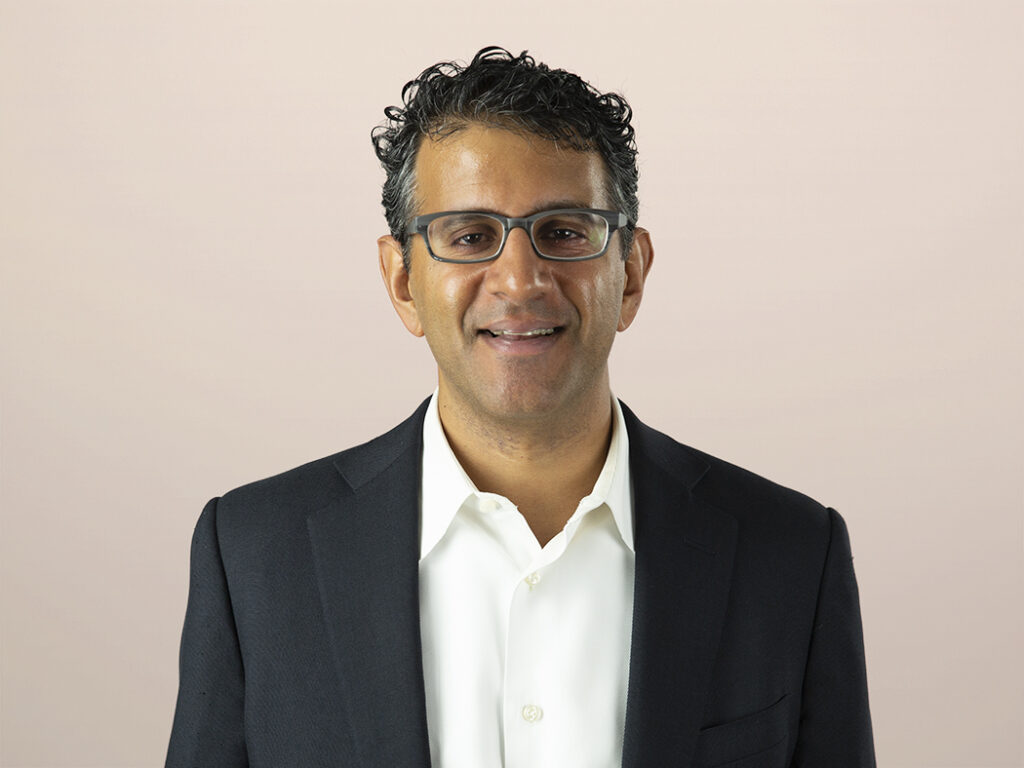Social Media Meets Tulip Mania

It’s a story straight out of the Sherwood Forest, with a stopover in Holland. A determined group of small investors have used the power of social media to punish “the smart money” by pushing the price of GameStop, a widely shorted stock, from $19 to $325 (as of this writing). As the saga continues to unfold, I see three critical factors that investors, brokerage houses, and wealth management firms need to consider:
- Zero-commission trades and the power of social media will continue to put markets to the test. Since 2013, Robinhood’s mobile app, offering commission-free stock and option trades, has shaken up investing by making it cheaper and more accessible. Investors get easy access to the stock market and credit, allowing them to trade on margin and buy fractional shares. Add the wide adoption of social media platforms, such as Reddit’s WallStreetBets message board, and you get a determined herd that ran up the price of GameStop and other heavily shorted stocks. These chat forums give small investors a megaphone and create a self-fulfilling prophecy for the masses. Stock ideas can go viral overnight on social media, adding risk and volatility to the market.
- The line between gamification and market manipulation continues to blur, leading to more oversight from regulators. The high volume of retail trading last week caused outages at Robinhood, E-TRADE, Fidelity, and Schwab. Some brokers limited trading in shares of GameStop and AMC, among others. These restrictions led people to question the platforms’ reliability and whether the brokers really had the interests of retail investors at heart. With a new administration looking to level the playing field, I expect the government to strengthen rules that protect retail investors. Regulators may require more operational oversight, higher capital requirements, and better tech reliability, as more investors than ever are playing the stock market.
- Low barriers to entry, such as commission-free trading, will lead to losses for novice investors. While some experienced hedge funds took a significant loss, I expect that other hedge funds are quickly protecting their downside on open positions in the face of future stock market insurrections. This situation is similar to the Dutch “tulip mania,” which was also fueled by a more primitive version of a social feeding frenzy.
When Robinhood first gained traction a few years back, I noted the following:
No commissions will lead to losses for some novice investors. The appeal of learning to trade stocks without the worry of commissions eating into returns may encourage active trading and unintended consequences for some investors. Robinhood does not offer an IRA account, so retirement planning and investing for the long term are not emphasized to customers. Robinhood doesn’t offer bonds or mutual funds, so its customers will inadvertently create a portfolio concentrated in one asset class, creating risk. In a volatile market, or a stock market crash, a lack of diversification will lead to greater losses — making young investors less likely to invest through the next economic cycle.
During tulip mania in the 1600s, the average price of a single flower was higher than the prices of some houses in Holland at that time. Tulip prices collapsed dramatically over the period of a week. If history is any precedent, it could soon be “game over” for many GameStop investors — so smell the flowers while you can.
Read more on how Robinhood is impacting retail investing in “The Race To Zero Fees In Investment Management” (subscription required) to learn the key actions firms must take now to differentiate beyond price to win and retain investors.
